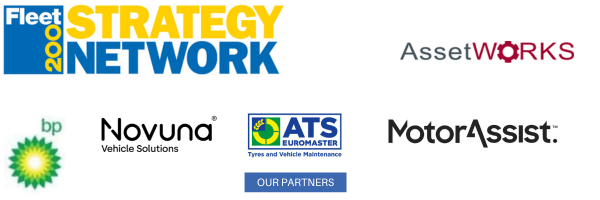Covid-19 remains a major concern for fleets as they discussed how it has impacted their operations and the changes they have implemented.
Below is a bullet point summary of the conversation at the November Fleet200 Executive Club virtual meeting.
- Mental health problems are an issue during Covid-19 both from staff feeling isolated working from home but also fears about the disease itself. Some fleets have set up regular team meetings and toolbox talks to keep everyone engaged with the business
- There has been a huge focus on PPE to protect staff members, and vehicle sanitisation pre and post shift is now part of the daily routine when vehicles are shared. This is likely to continue post Covid as an industry wide expectation.
- Shared occupancy risks mean those fleets with crews have had to hire additional vehicles so each employee can be isolated, which has increased costs.
- One fleet which has undertaken a policy of centralisation is now considering decentralisation to reflect a possible move away from single offices with hundreds of staff to regional offices with fewer staff. This has implications for company vehicles which are depot-based, especially electric with the need for more charging points.
- Leasing companies and manufacturers were praised for the way the moved to support fleets, especially essential services fleets which continued working during the height of the pandemic. Demonstrators were mobilised in some instances to ensure staff from the NHS were able to get out into the community, while order books remained open.
- The way fleets work has changed with much less mileage as a rule and more video calls. Some believe the digital age is more effective, facilitating better, more productive and more constructive relationships with drivers.
- The generous view is that there will be less driving in the future, which is good for the green agenda and for the NHS from a health perspective.
- Consequently, some companies are looking at reducing the overall number of offices they have as staff opt for agile working.
- Wellbeing remains a key focus, ensuring employees are ok.
- A reduction in mileage is leading some fleets to consider their fleet size with an anticipated reduction in vehicles, especially in urban areas where there are other forms of transport readily available. But those operational essential services recognise they will always need vehicles, especially those with vans. However, the process could change to become one van loaded with equipment that drives to the job and drops off the equipment in a secure drop-box while the rest of the crew make their own way to the site using alternative transport means – it replaces the need for a crew van.
- Broader influences are also affecting fleet operations. Some car drivers are exiting the car scheme and opting for salary sacrifice because of the preferential taxation and the fact they have a better choice of car. One fleet has seen a 37% rise in sal/sac orders even though mileage driven is down. Lower mileage is encouraging greater interest in PHEV and EVs.
- Fleets that traditional outright purchase their vehicles are considering whether to lease electric vehicles because it eliminates any RV risk and SMR risk. Damage on EVs can require a lot of electrical work. Fleets with EVs have seen strong prices at auction, including for vans.
The above are notes from a discussion with fleet-decision makers on November 10 at the Fleet200 Executive Club meeting.





















Login to comment
Comments
No comments have been made yet.